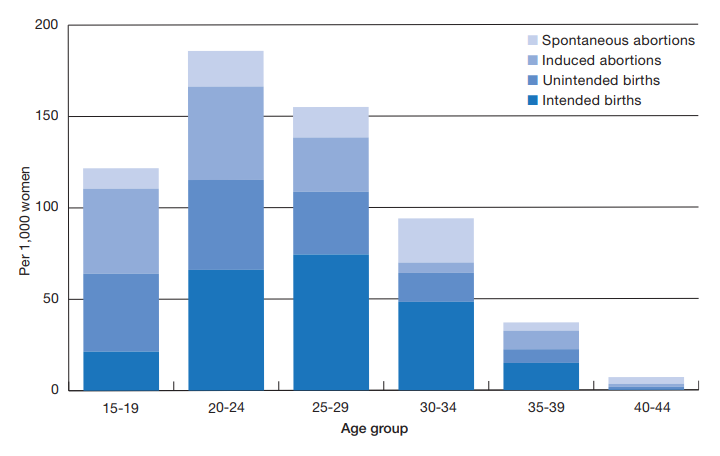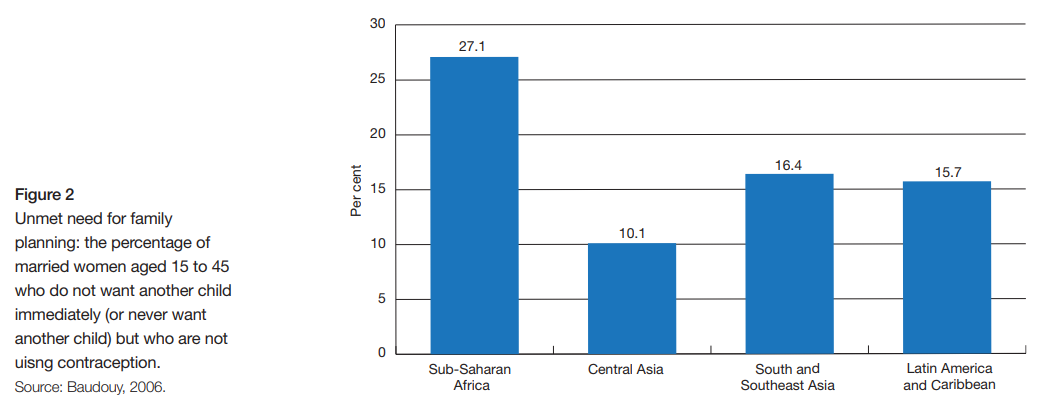-
Vale Dan Carrigan
Daniel Lee Carrigan, founder of the GAIA Earth-Balance Foundation, died on 4 March 2024 after a long struggle with heart disease. We gratefully commemorate his contribution to population and sustainability efforts. by Jane O’Sullivan Like a shooting star, Dan Carrigan’s dynamic energy lit up the population-sustainability world for a brief few years. In its wake,…
-
Family planning success stories
Across the globe there have been several examples of well-executed family planning programs. We have highlighted some of them in the blogs listed below. Indonesia: “Two Children Are Enough” – “Dua Anak Cukup” The Iranian miracle: The most effective family planning program in history? Low fertility in South Korea: a springboard for social change and…
-
Time for Sweden to resume focus on international family planning aid
Recent research suggests lack of contraception and high desired family size both hinder population stabilization in Africa. We call on the newly elected Swedish government to prioritize international family planning aid, resuming a valuable Swedish tradition. By Frank Götmark, Nordhild Wetzler, Malte Andersson, Carl Wahren, Karl-Erik Norrman An Op-Ed originally published in Svenska Dagbladet…
-
Gattopardi and cheap labor
Reflections from Italy on the wicked problem of unregulated and unregulatable immigration into Western Europe. by Gaia Baracetti I could never understand what animal exactly the gattopardo was supposed to be. A leopard? A cheetah? A mythical beast? For sure, none of those roams my country. But I, like most Italians, always understood the meaning…
-
World population is growing faster than we thought
We’ve all heard the aphorism ‘Lies, damned lies and statistics.’ Statistics are an invaluable tool for understanding and responding appropriately to the world, but when the numbers say one thing and the headlines say another, it’s a cause for concern. TOP takes a dive into World Population Prospects 2022. by Jane O’Sullivan The world’s population…
-
Imagine
Mahatma Gandhi said: “Earth provides enough to satisfy every man’s need but not every man’s greed.” What is then the “right” lifestyle, which we all should adopt to be sustainable? It depends on how many people there are on the Earth. Sustainability does not depend only on lifestyle, but also on how many people share…
-
Religion and Fertility in Sub-Saharan Africa – Part 2, Differences Among Denominations
Among the eight regional groups used for the United Nations Sustainable Development Goals (SDGs), only Sub-Saharan Africa (SSA) is projected to sustain a rapid population growth up to 2100, while the seven other regions either have started to decline, or are projected to stabilise, by 21001. In SSA, many countries have a young population; 40-50%…
-
Coercion and population policies, Part 1
The unsustainable growth of the global population needs to be halted through informed voluntary action, including empowerment of women, family planning and increased use of modern contraceptives. Coercive population policies such as those used for 35 years in China, in India 1975-77, and more recently in Peru, are unacceptable and must be condemned. But many…
-
Humanity needs to halt both population growth and climate change
Many of today’s environmental problems are more due to population growth than climate change, and climate change is driven in part by continued global population growth. Development funding to make family planning and modern contraceptives universally available could make a big difference in solving these interlocking problems. By Malte Andersson, Frank Götmark, and Anders Wijkman…
-
TOP wraps up 2019 and prepares for the new decade
by Phil Cafaro and Frank Götmark Greetings! It’s been a busy year here at The Overpopulation Project. As many of you know, we have an active website, with a new blog almost every week and more invited authors this year. The total number of visitors to our website was 84,848 in 2019, and average monthly…
-
Believe it or not: Education can cause trouble in youthful countries
Population growth contributes to conflicts, according to several studies. There is also evidence that a “youth bulge” in societies, creating a high proportion of young men, can lead to more conflicts and violence. But can violence really be exacerbated by education of a young population? By Frank Götmark High population growth has repeatedly been connected…
-
World Population Prospects 2019 – good news or bad?
By Jane O’Sullivan The new United Nations projections for global population tempt complacency by lowering the estimate for growth across this century, but lacks justification for this lower figure. This could perversely counter the UN’s own message that these projections depend in increasing global efforts to ensure “further improvements in access to family planning information…

The Overpopulation Project
TOP – Research and Outreach
Too many people consuming too much
Explore the content and topics covered by TOP, search here
Recent blog posts
Blog categories
What we are reading, listening to and watching
Gallery of infographics – Learn more about overpopulation and environment
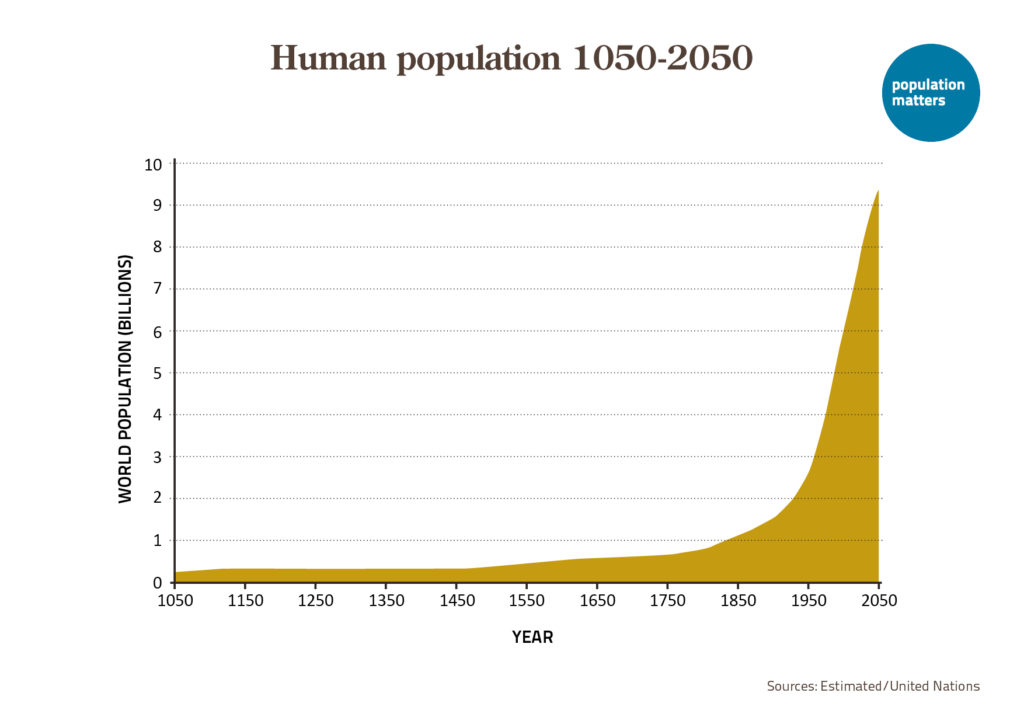
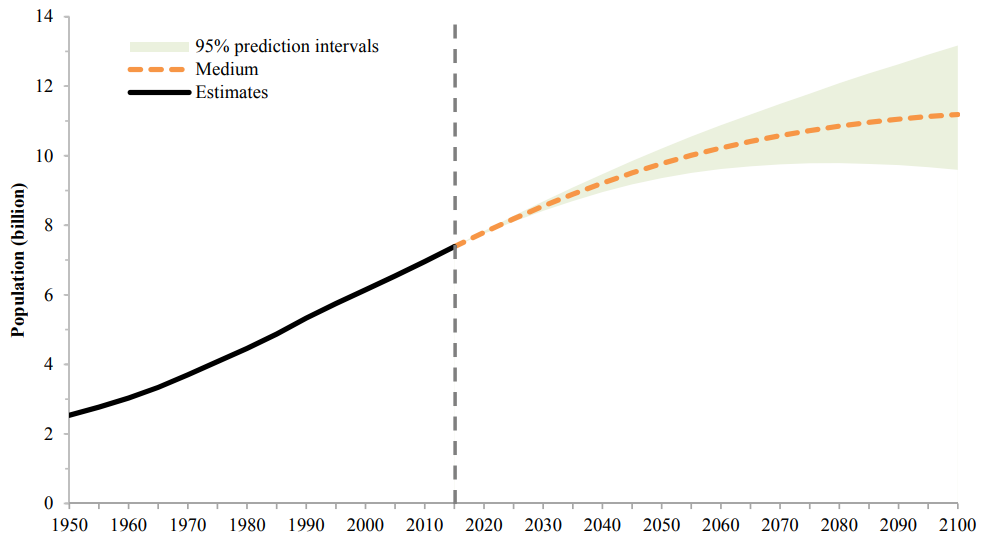
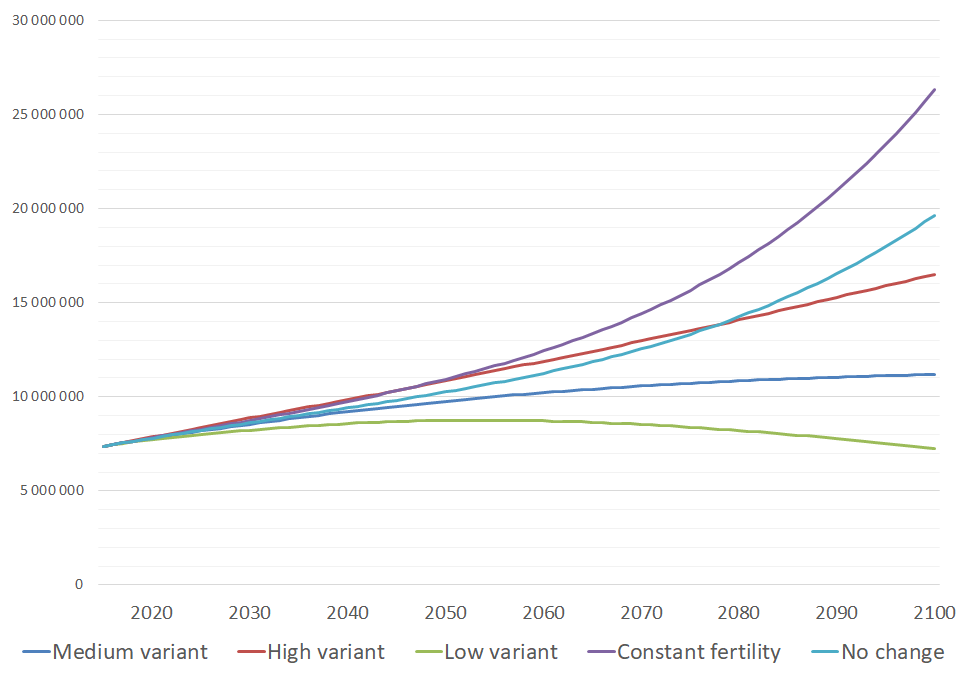
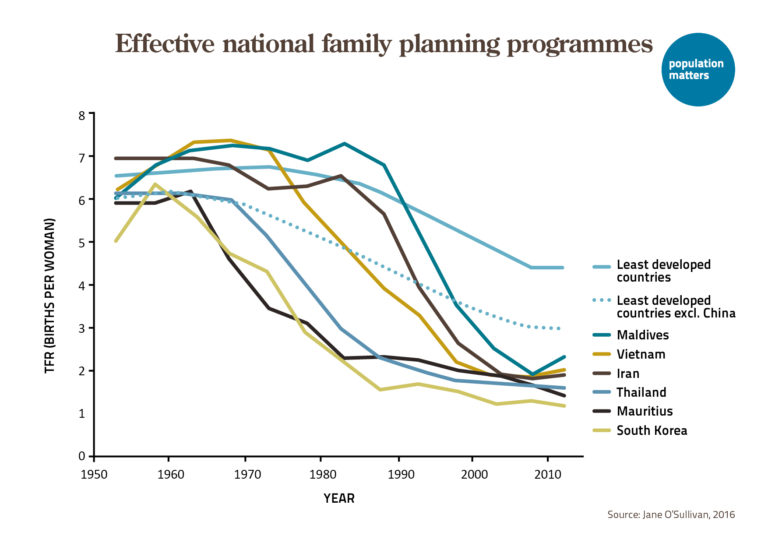

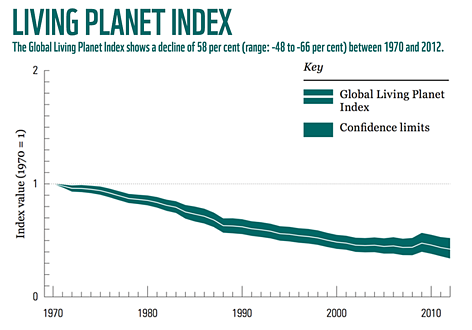
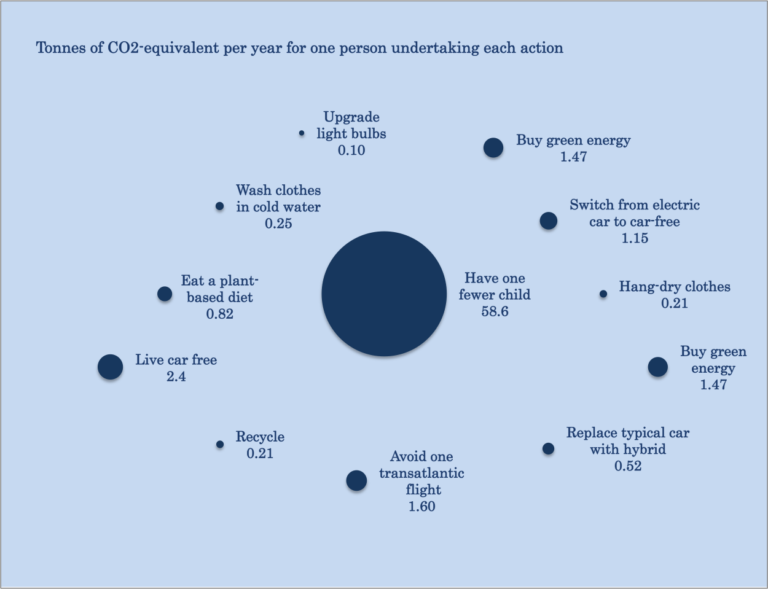

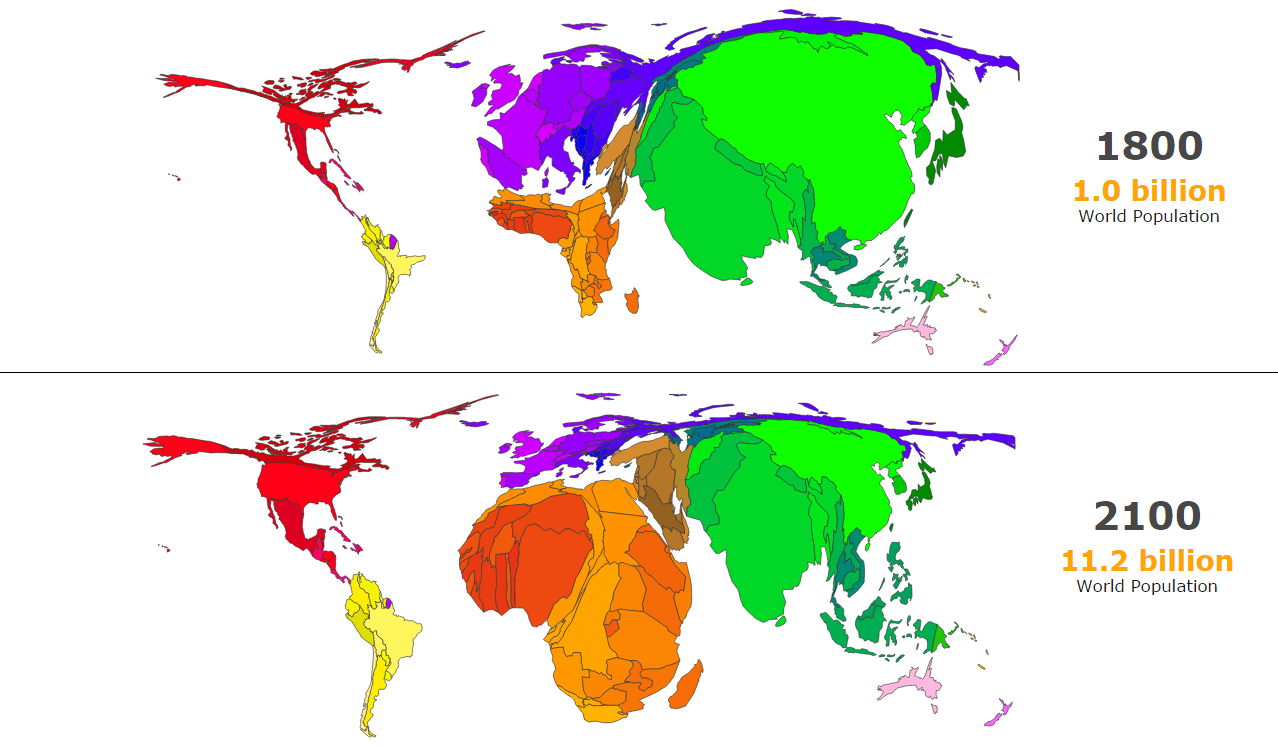
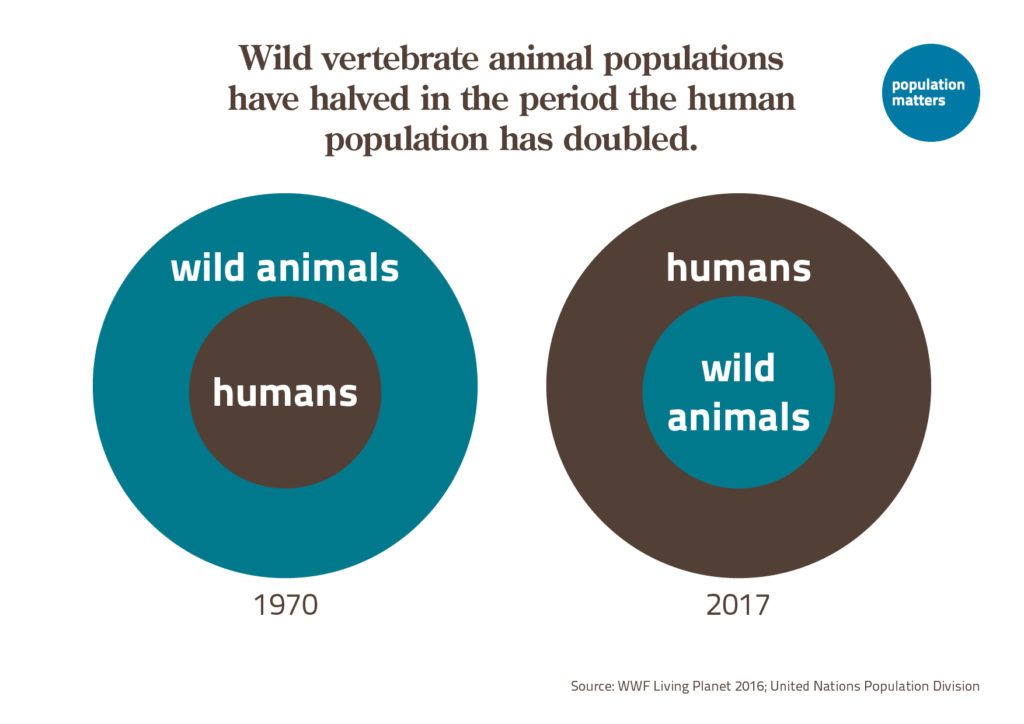
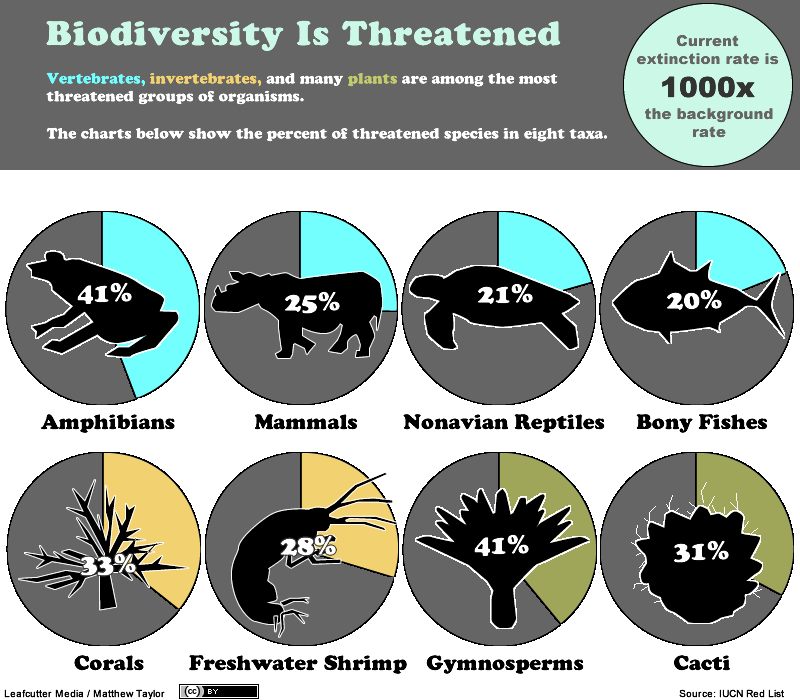
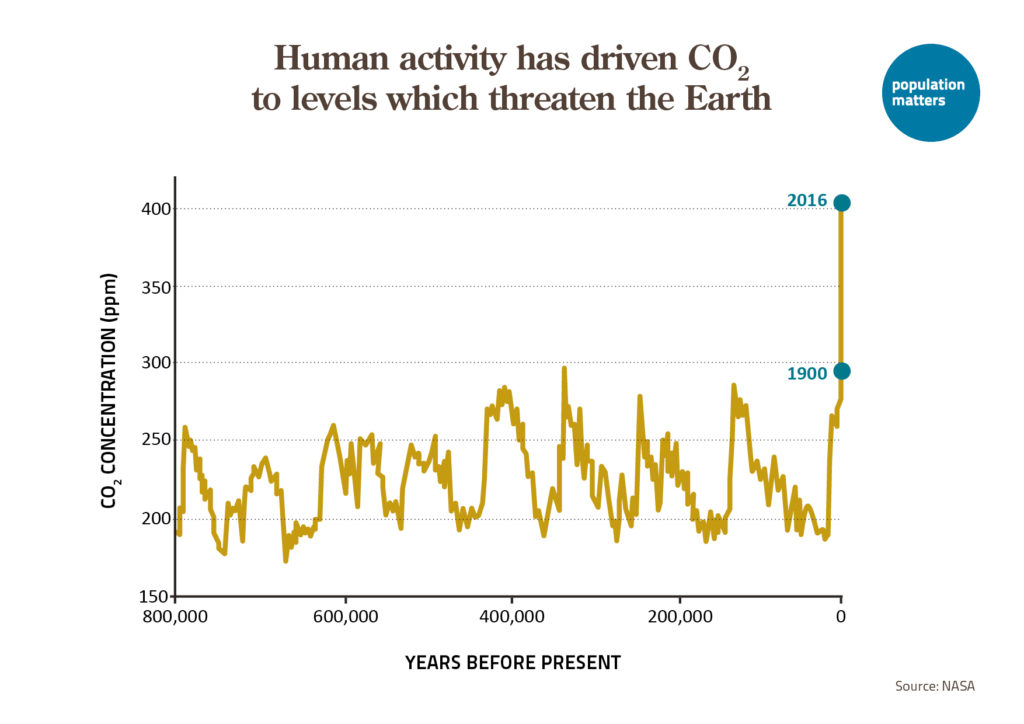
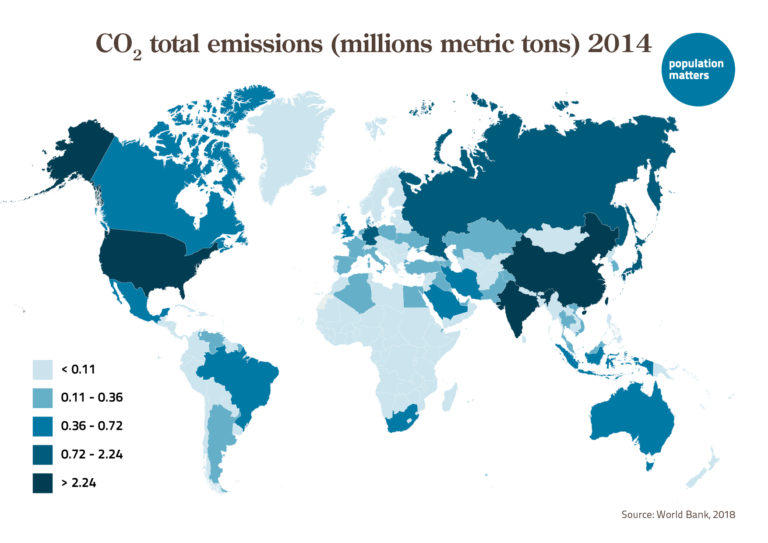

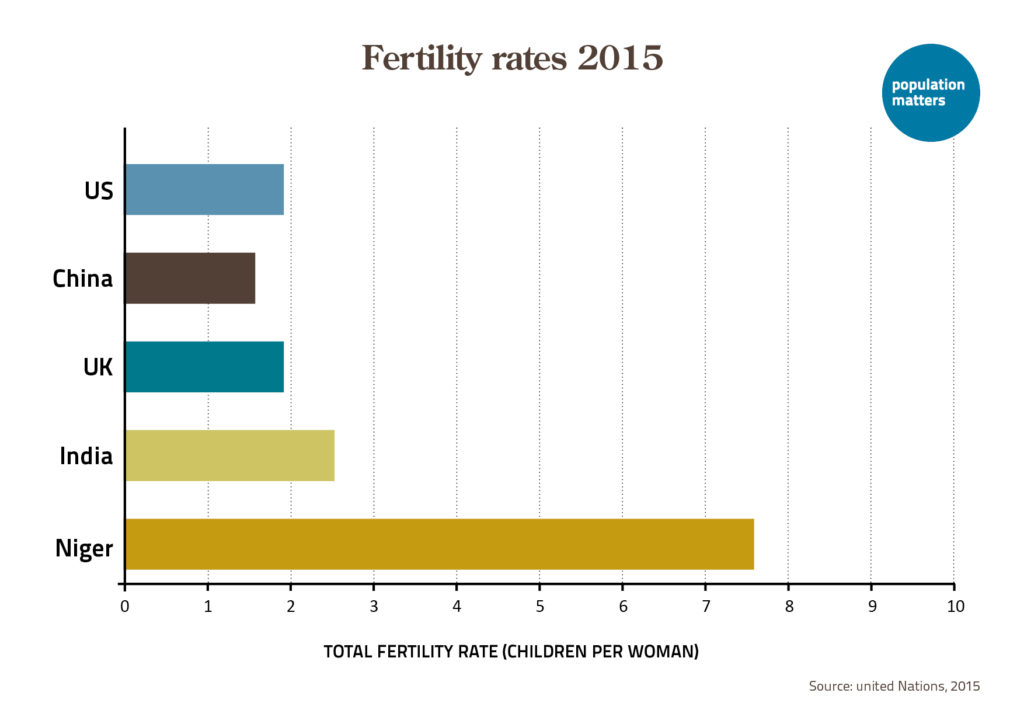
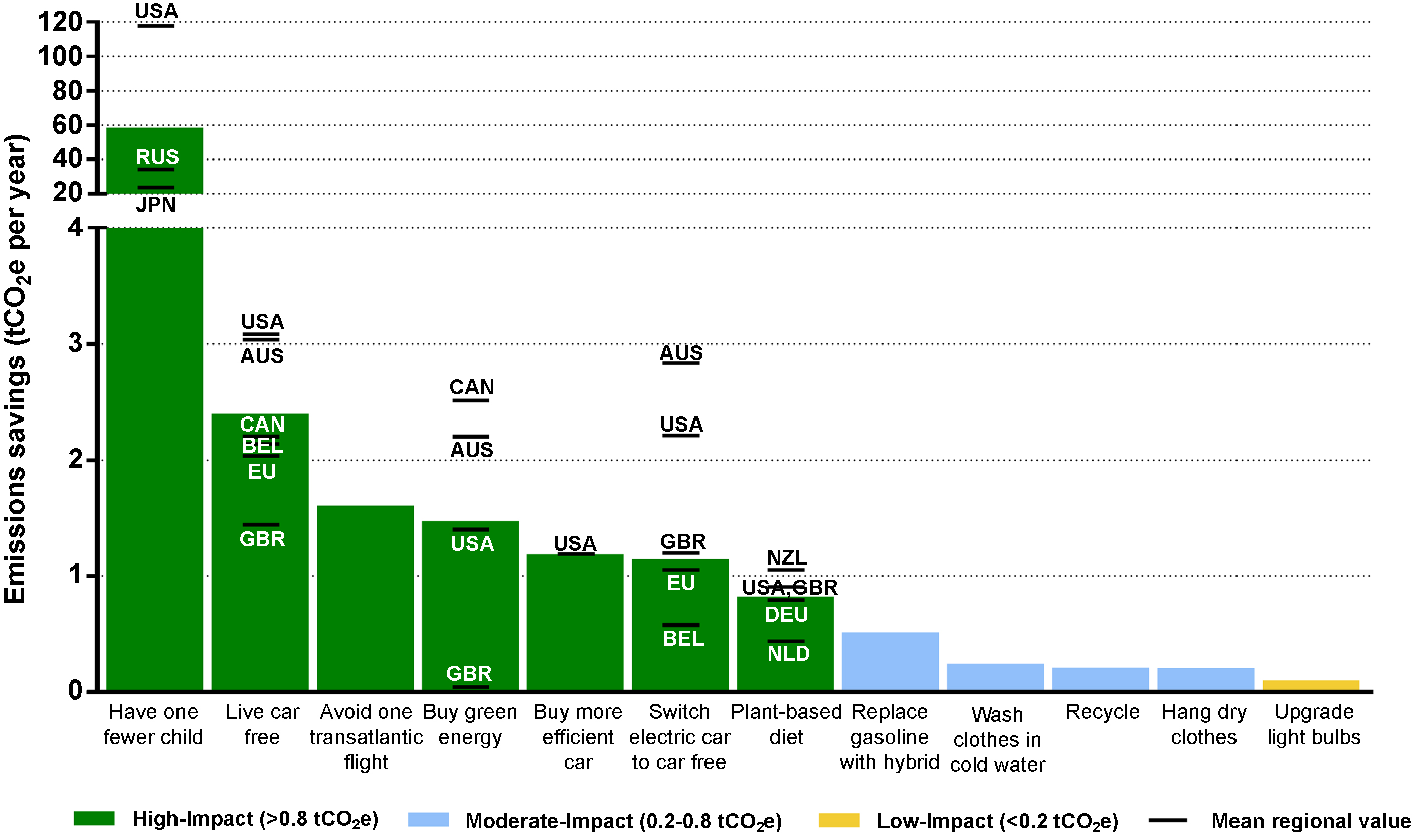



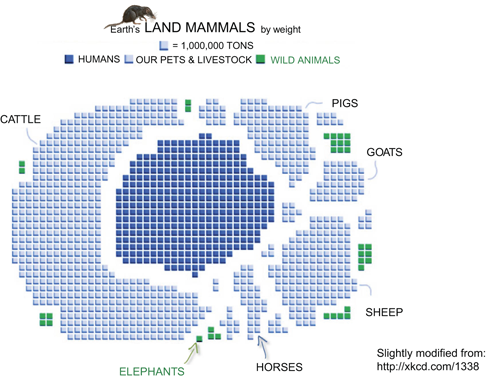

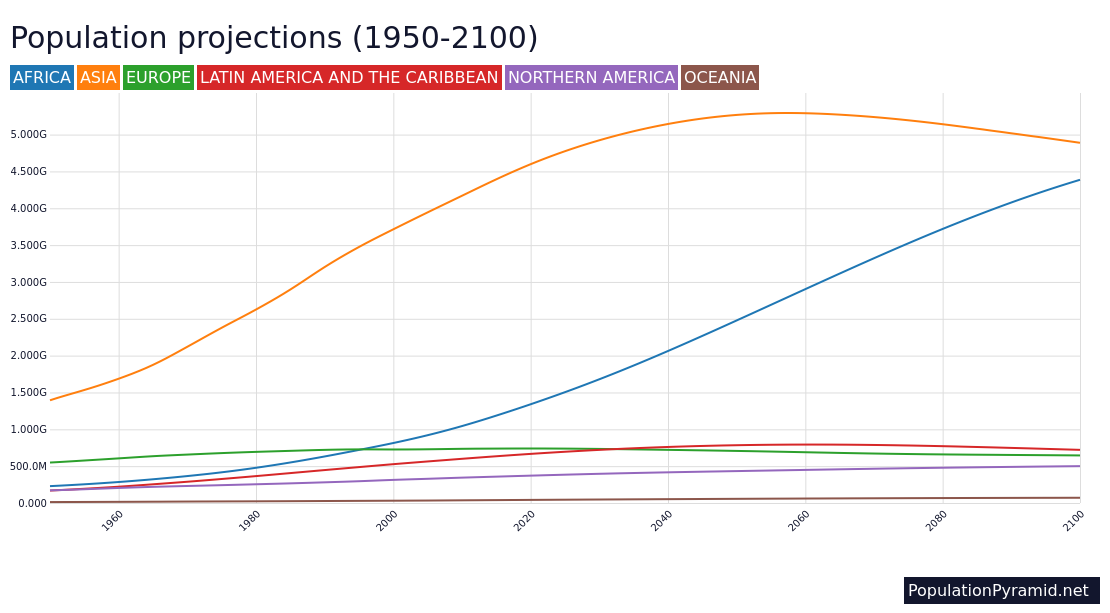
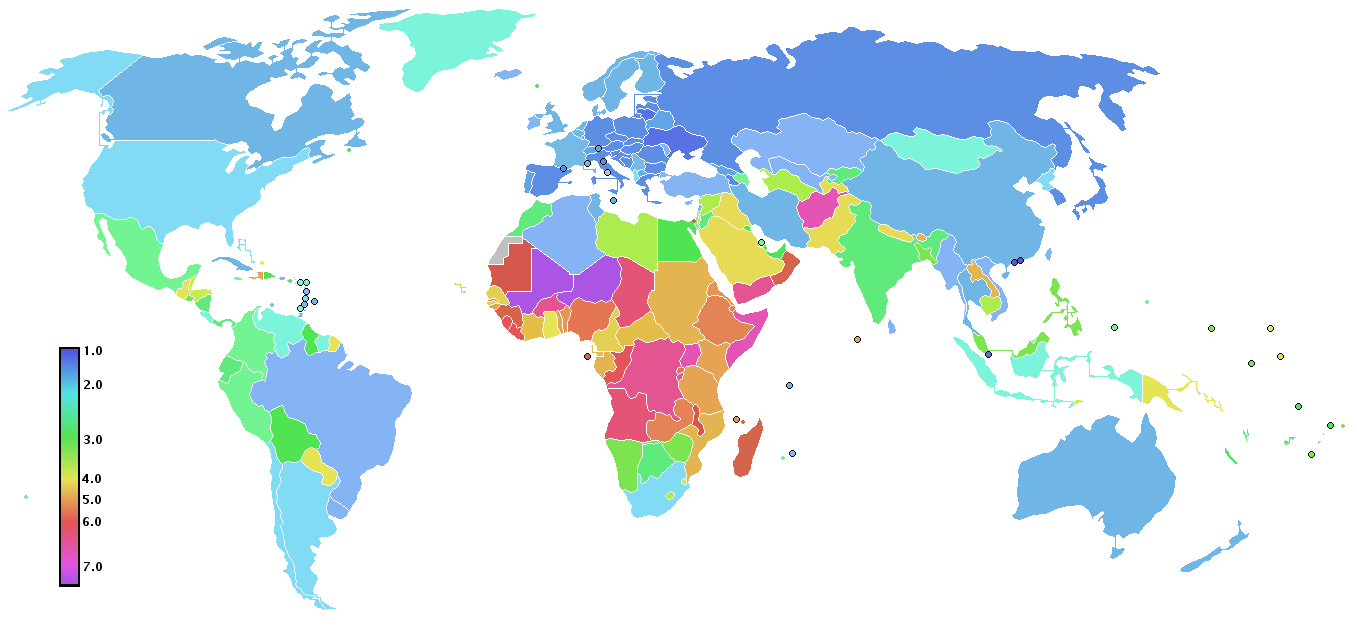
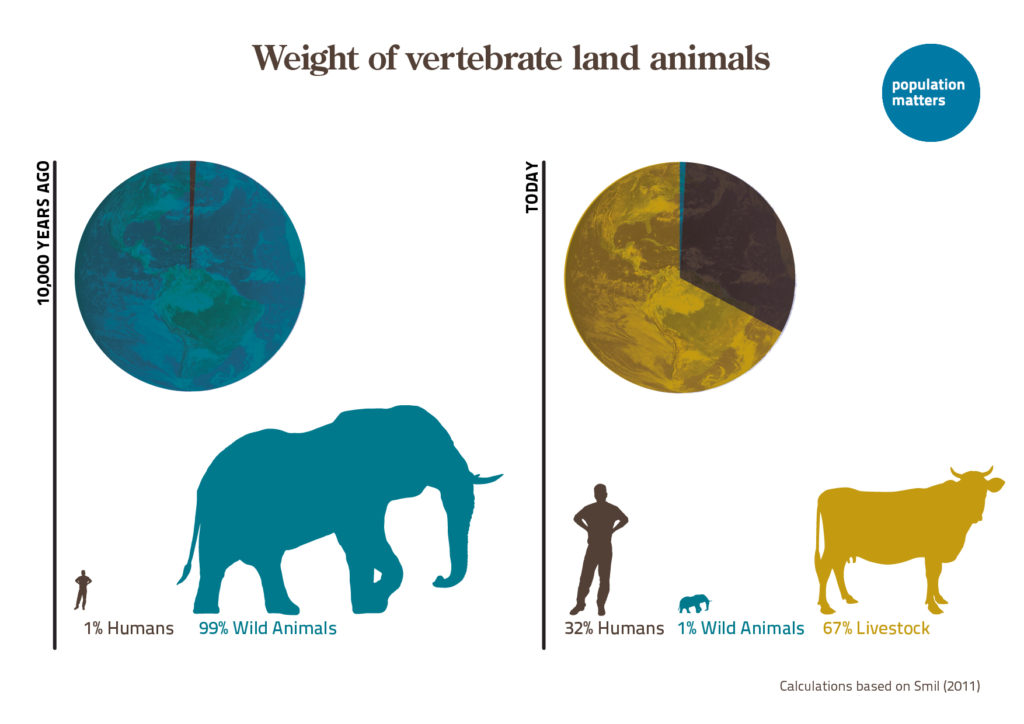

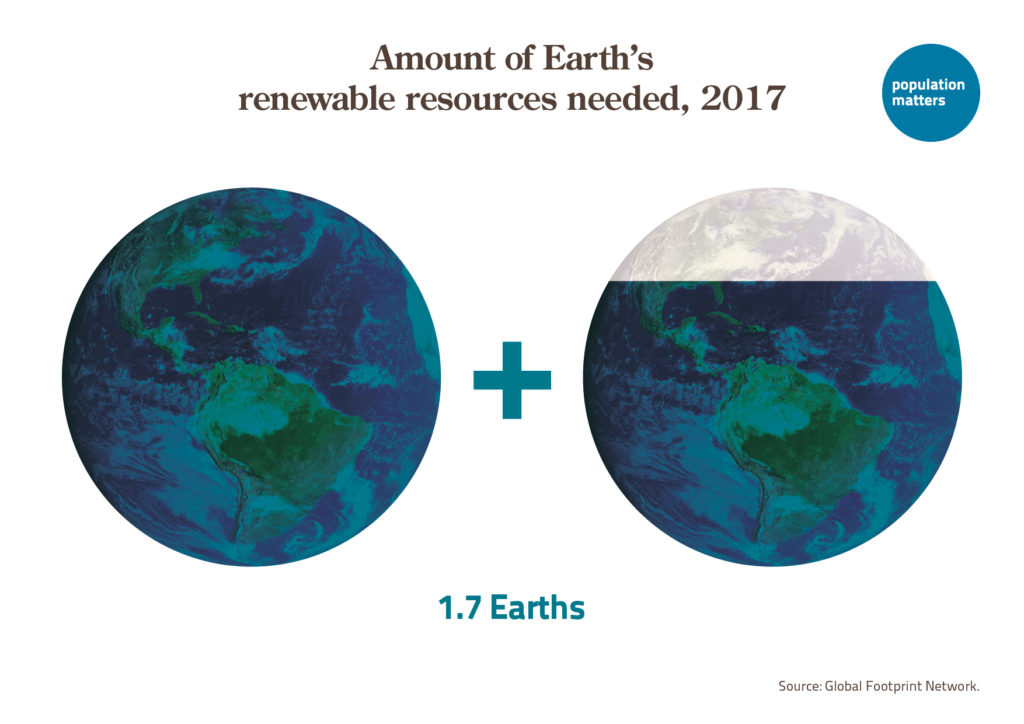

Source: Barro-Lee Educational Attainment Dataset (2015): PRB Data Sheet 2015

